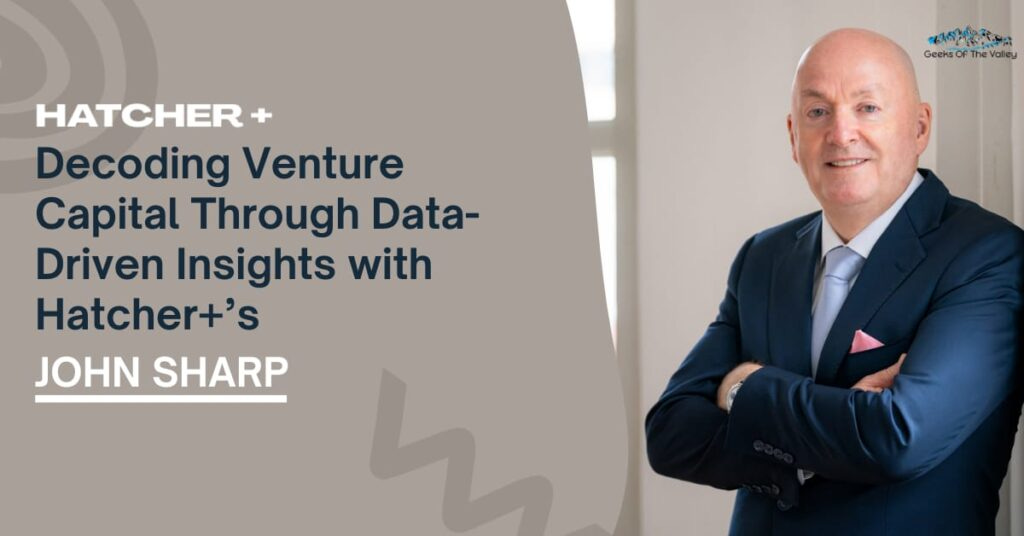AI Agents: Reshaping Enterprise Automation
PLUS: Former IDG Capital Senior Executive building a pre-clinical biotech in China, focused on Immunology & Rare Disease
Behind The Scenes
Generative AI applications currently excel in three key areas with strong product-market fit: search, synthesis, and generation. Companies like Sana (enterprise search), Eve (legal research copilot), and Typeface (AI for content generation) are early breakout examples in each category, leveraging LLMs’ few-shot reasoning capabilities.
However, the potential of generative AI extends well beyond these initial use cases. While AI that can read and write is powerful, the next frontier is AI that can think and act autonomously. Leading innovators like Anterior, Sema4, and Cognition are already developing solutions to tackle complex workflows that previously required extensive human effort.
With advancements in multi-step logic, external memory, and integration with third-party tools and APIs, the next generation of AI agents is pushing the boundaries of automation, enabling truly end-to-end process execution.
What Are AI Agents? The Four Core Building Blocks of Cognitive Architectures
Fully autonomous AI agents rely on four essential components that, together, enable full agentic capability: reasoning, external memory, execution, and planning.
Reasoning – At their core, agents must be able to interpret and reason over unstructured data. Foundation models like Anthropic and OpenAI already excel at this, leveraging a partial world model encoded in their pre-trained weights for general knowledge and logical reasoning.
External Memory – Beyond general knowledge, agents need external memory to store and retrieve domain-specific information and contextual details relevant to the task at hand. This is often achieved through vector databases like Pinecone, which enable efficient recall.
Execution – AI agents enhance their problem-solving abilities by utilizing tools. Early agent platforms provide predefined toolsets in code, while more generalized tools are emerging, such as web browsing, code interpretation, authentication and authorization, and integrations with enterprise systems like CRM and ERP for UI-based task execution.
Planning – Instead of solving complex problems in a rigid, single-threaded manner (e.g., generating an essay word-by-word in one go), agents take a more structured, human-like approach—breaking tasks into smaller sub-tasks, reflecting on progress, and dynamically adjusting their strategy as needed.
(This article was written by Tim Tully, Joff Redfern, Deedy Das, Derek Xiao from Menlo Ventures. For full version of this article, you can read them here)
Geeks of the Week
Startup Name: Dawn Sea Therapeutics
Geography: China
One-liner: A pre-clinical stage China biotech focused on immunology & rare disease.
Founder(s) Background: Former Executive Director at IDG Capital (500+ IPOs and M&As).
Startup Name: Ankar AI
Geography: UK
One-liner: AI platform for intellectual property.
Founder(s) Background: Product & Strategy Lead at Palantir, Founding Engineering team at Kayrros (Series C; backed by Index Ventures), Product Manager at Helsing (Series C; backed by General Catalyst).
Startup Name: being juice
Geography: Malaysia
One-liner: A made-to-order, fruit based beverages brand.
Founder(s) Background: Former CEO of foodpanda Malaysia (Delivery Hero-owned).
Founder(s) building in stealth
John Sharp is the Co-Founder and Managing Partner at Hatcher+, a venture firm pioneering data-driven investment strategies. With a distinguished career spanning leadership, technology, and venture capital, he has played a pivotal role in transforming the investment landscape.
Previously, John served as CEO of Authentium, where he co-authored three U.S. patents and developed cybersecurity solutions for global organizations like NASA, Google, and Microsoft. His leadership experience also includes serving as Managing Director, Asia, at WorldSpace and as CEO of Hatcher, the predecessor to Hatcher+.
An accomplished entrepreneur and technologist, John has successfully raised capital worldwide, driven innovation, and developed advanced investment platforms. As CTO at Hatcher+, he continues to shape the future of venture investing. In addition to his executive roles, he has been a board member and advisor to pioneering companies like Telr and ThoughtRiver, contributing his expertise to their growth and success.
This edition is brought to you in partnership with Stella Capital.




